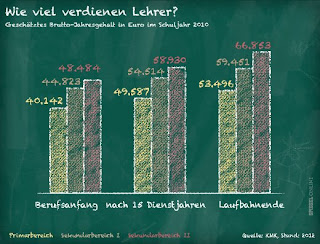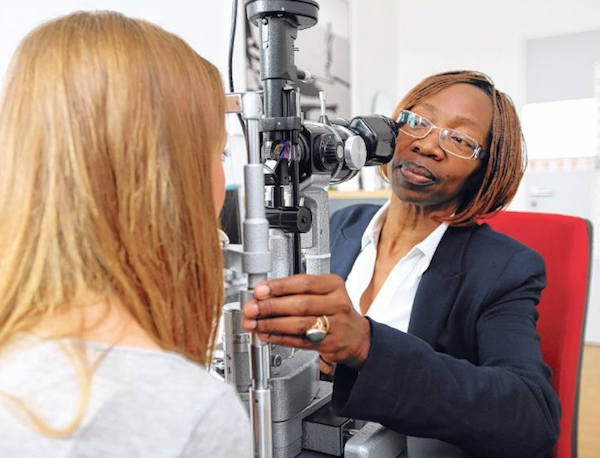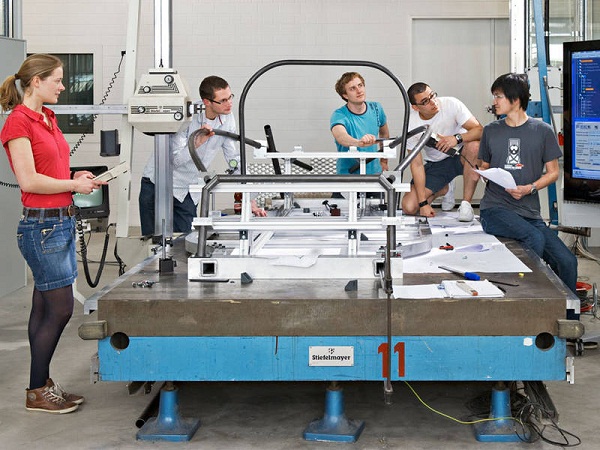6 weeks Summer holiday and afternooon offs, sounds like the dream job to most people. Many of whom who relate this to being a teacher, unfortunately most of these people aren’t teachers. In a recent study by Institute für Demoskopie Allensbach, 75% of the people asked believed that teachers have too much holiday while 50% thought that teachers never work over time.
Hochschul-Informations System (HIS) found out that 33% of the students at the Uni who were registering to study education and later become teachers, did so in order to have free time once they started working.
Teachers on the other hand had a different opinion. In a study run by the Vodafone Stiftung 5ß% of the teachers asked thought that the teaching profession had changed dramatically in the last 5-10yrs. According to them the profession isn’t as rosy especially for Realschule and Hauptschule teachers.
Looking solely at the hours each teacher in a Gymnasium has to teach over the last 10yrs, the number has hardly increased (currently at 24-27hrs) in most states apart from Schleswig-Holstein where it increased by 3hrs but not all teachers have to teach the maximum number of hours. In Saarland and Hessen, teachers who have more than 8hrs in the Overstufe get an extra “free hour”. In Bayern, teachers older than 50 get fewer hours. In Bremen, teachers who teach the Oberstufe full time only need to work 25hrs. Hamburg has no “set” time for teachers to be in school and instead calculate the average number of hours.
Although there is no study to explain how many hours a teacher in Germany really works, most experts approximate it at 50-70hrs a week. Although teachers have 3months of no lessons, it doesn’t mean they have a lot of free time. Those good at time management, do get to enjoy some free time but those that overestimate this freedom tend to have no free time as they carry work with them all the time.
Another reason most people want to become teachers is the obvious job security and luxury of being a civil servant but does that pay out in the end? Figures show that a teachers starts with a salary of about €45,000 and after 15yrs of services gets about €50,000 which at retirement ends up at €60,000. Not forgetting the private health insurance and many other perks you get from being a civil servant.
The statistics given though only state the average salary forgetting that every state is allowed to change the income of a teacher and there is a huge difference between teachers employed by the school and those employed by the state. In Berlin for example teachers employed by the schools start at the highest possible tarrif, thus earning €3940 instead of the usual €2640 for beginners. In NRW the difference in the net income between a teachers employed by schools and those employed by the state lies at €400
|
Gymnasium teacher in NRW
|
||
|
Employed by
|
||
| School | State | |
| 27 yr old single Beginner with no kids | Brutto: € 3206 Netto: € 2196 |
Brutto: € 3314 Netto: € 2620 |
| After 10yrs in Service, 41yr old, married with kids | Brutto: € 4599 Netto: € 3330 |
Brutto: € 4469 Netto: € 3775 |
|
Nicht berücksichtigt sind Weihnachtsgeld und Abzüge für Kranken- und Pflegeversicherung. Quelle: GEW
|
||
The probability of a young beginner to become employed by the state differs from state to state. In Berlin no beginners are employed by the state, in Sachsen only the Schulleiter and the Stellvertreter are civil servants while in Bayern and NRW any teacher can be a civil servant.
Unfortunately being a teacher has very few promotion possibilities: become a Headmaster (Rektor) or upgrade and work in the Ministry. Very few teachers though are willing to become headmasters as they feel that being a headmaster requires one to do too much administration work without ever going to class while earning too little for the job.









